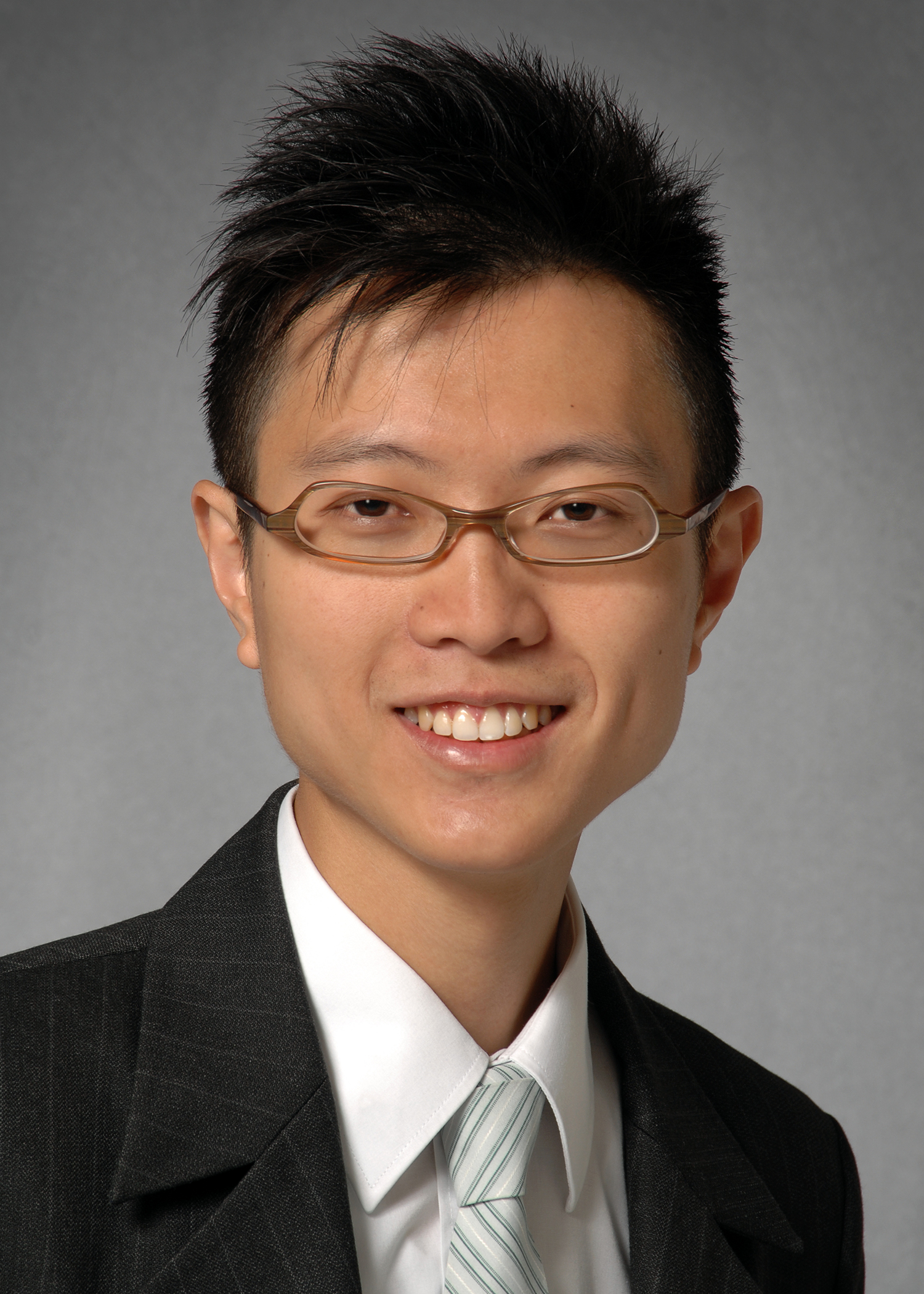
Investing in longevity of research
2020/10/15
properties.trackTitle
properties.trackSubtitle
Longevity risk is an essential concept for life insurance companies and reinsurance companies. A deep understanding of the risk is crucial, as an underestimation of longevity can seriously affect the financial healthiness of pension plans and annuity funds.
Professor Johnny Li developed models to capture mortality rates of different populations and socio-economic groups. He also researched mortality-linked securities, with which longevity risk can be transferred from one party to another. This type of research can help insurance and reinsurance companies to better price their products and manage their longevity risk.
Munich Reinsurance Company is a reinsurance company committed to research in this area. More than 20 years ago, the company significantly invested in the Munich Re Chair in Insurance to expand the University’s ability to do cutting-edge research in areas related to insurance. Gord Willmot has held the Chair since 2001. As of July 1, 2020, Li became the second chairholder.
“Munich Re has had the great opportunity to launch the careers of many talented graduates of University of Waterloo’s actuarial program,” remarked Bernard Naumann (BMath ’94), President and CEO, Munich Re, Canada (Life and Health).
As an alumnus myself, I am excited to know that Professor Li is the incoming Munich Re Chair as he is a global expert in understanding the complexity of mortality and longevity modeling.

Li has published in top-tier journals and is the recipient of several awards, including the Society of Actuaries’ (SOA) Redington Prize and Edward A. Lew Award, the SCOR Actuarial Award in Asia, and two Outstanding Performance Awards from the University of Waterloo.
He has contributed to effective methods to price, hedge and measure longevity risk and has connections to various research centres and risk and insurance associations.
In addition to Li’s focus on longevity risk, he is working on several other interesting research projects.
“I have a keen interest in new challenges and opportunities currently faced by the insurance industry,” said Li. "We have started to see a greater need for research in the areas of climate change and predictive analytics."
Li leads a project to develop solutions to mitigate risks of climate change to insurance companies with a research grant from the SOA. The project brings together an interdisciplinary team of 13 Waterloo researchers from the Departments of Statistics and Actuarial Science and Kinesiology and the School of Environment, Enterprise and Development.
Being Chair allows Li to spend more time on his research. Through the collaboration, Li has the opportunity to work with a large volume of data which will aid in the development of new data models to help the industry with mortality forecasting. It also allows Li to support more students who benefit from working with real-world data.
“The Munich Re Chair reaffirms Munich Re’s commitment to the Canadian actuarial community and solidifies the University of Waterloo as a leader in applied actuarial research,” said Naumann.
The Department of Statistics and Actuarial Science at the University is home to one of the largest and most renowned actuarial science groups globally. Several of its faculty members are editors of leading international journals in the field. Li, for example, is a Co-Editor of the North American Actuarial Journal.
As the chairholder, Li has a channel to share his research with an industry partner and the ability to learn about the types of research which the industry requires. This keeps his research up-to-date and allows for his research to have an impact.
“The academic world has changed,” remarked Li. “There is a world-wide trend to show evidence of impact. Research with an industry partner provides us with the opportunity to gauge our impact.”





